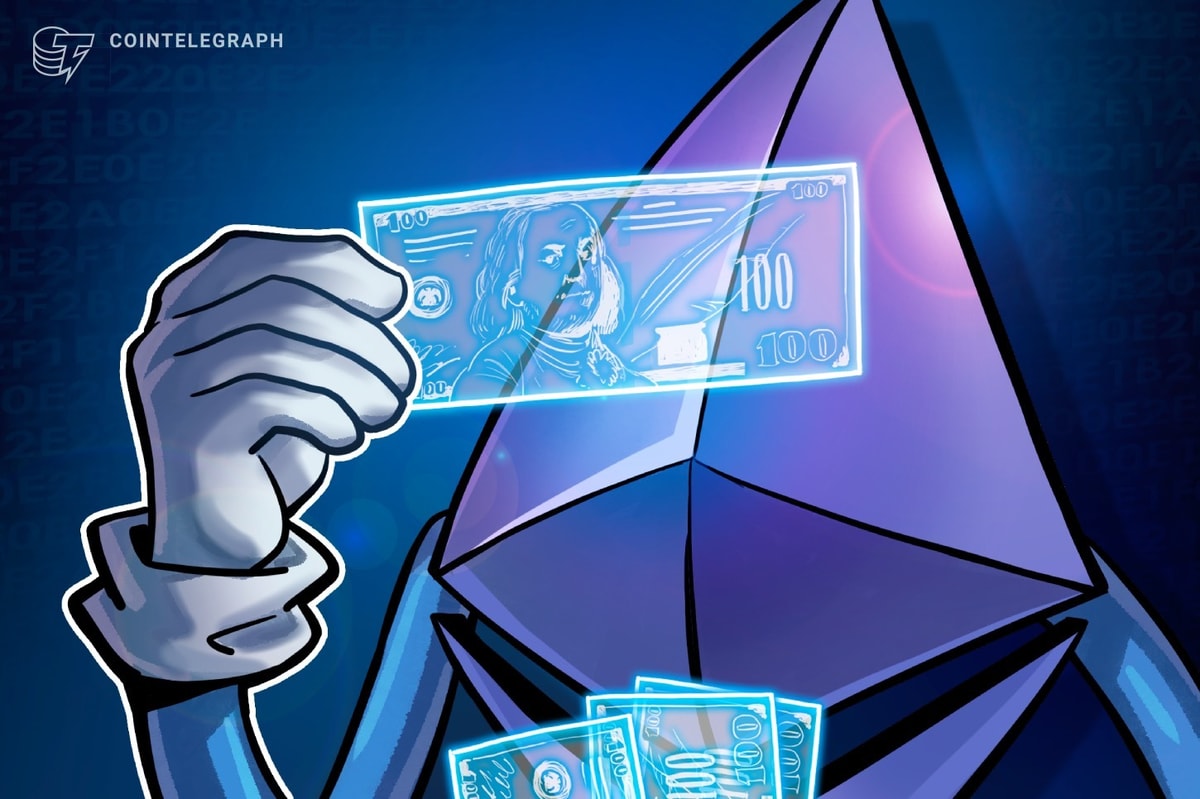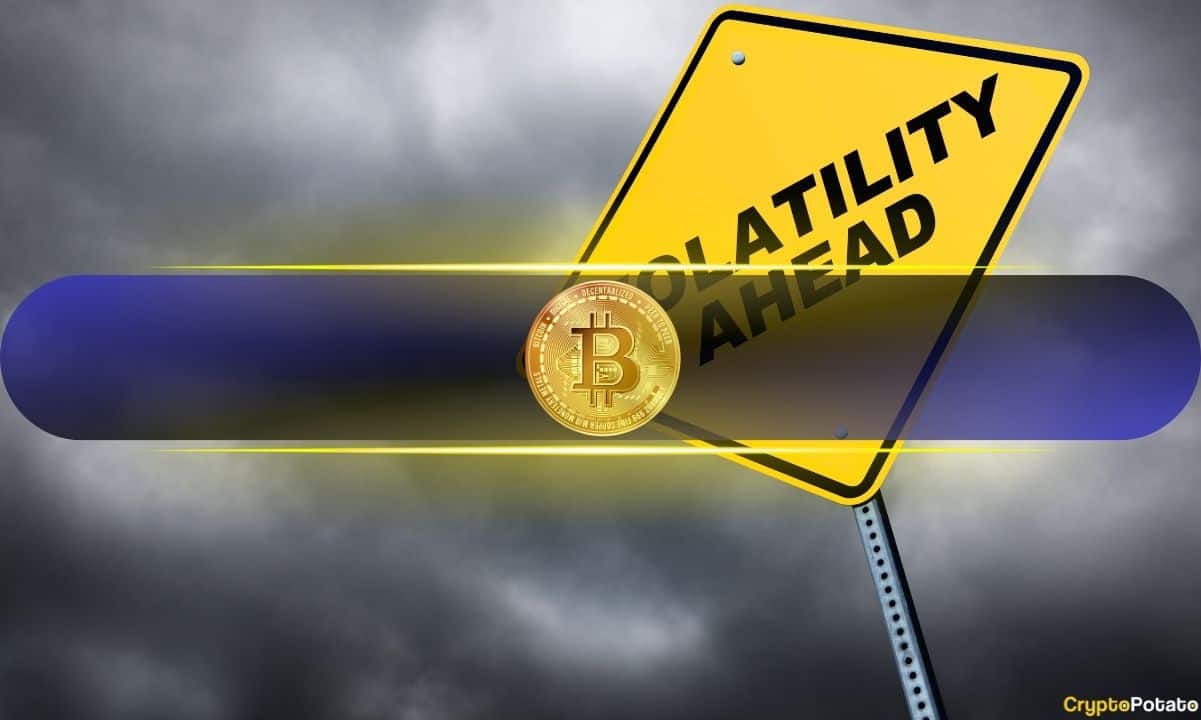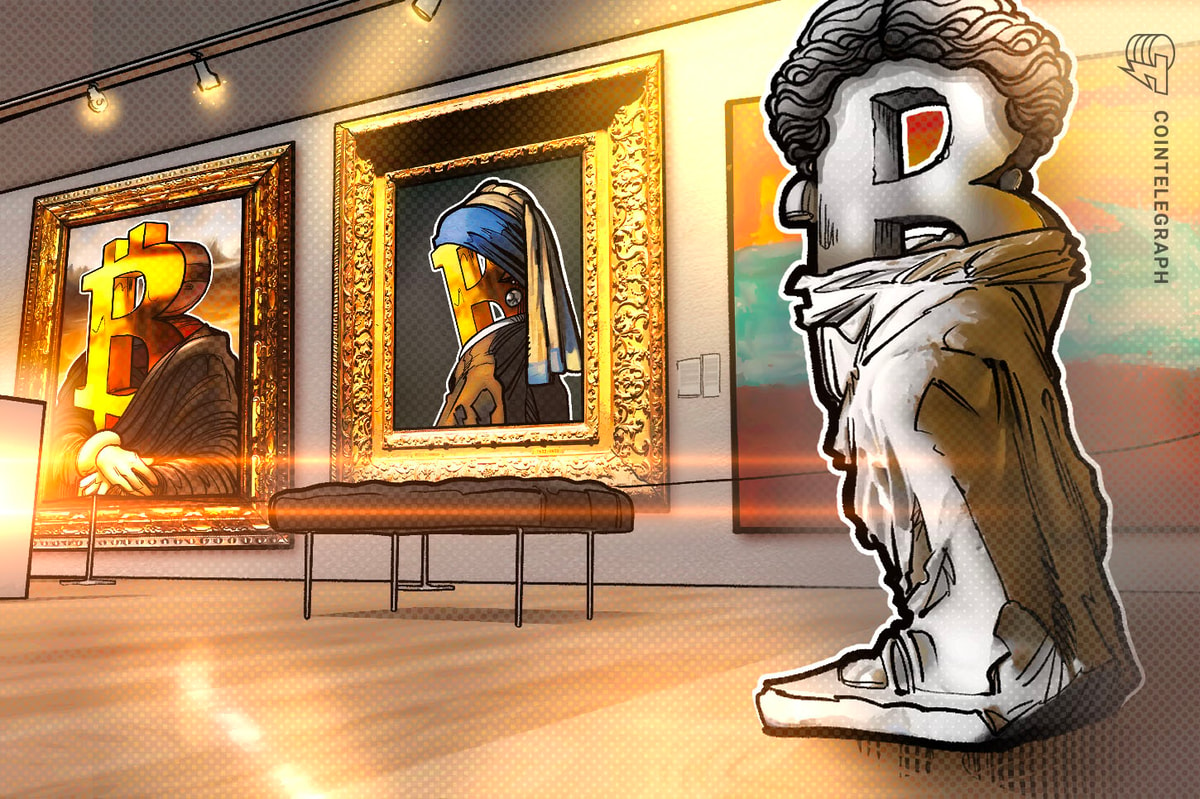According to Binance, 98% of applications sent to the exchange for new token listings never receive a reply from the company.

Following claims from the CEO of Moonrock Capital — a crypto-native advisory and investment firm — that Binance demanded 15% of an unnamed prospective project's total token supply to secure a listing on the centralized exchange, Binance co-founder Yi He responded by denying the claims and clarifying Binance's listing policies.
According to Binance's co-founder, the company does not charge new projects a percentage of their token supply for listing or a fixed amount. Since 2018, Binance's listing policy stipulates that all listing fees will be "transparent," and 100% of the fees are donated to charity. The policy states:
"Project teams will still propose the number they would like to provide for a 'listing fee,' or now more appropriately called a 'donation.' Binance will not dictate a number, nor is there a minimum required listing fee."The Moonrock CEO's claims sparked a debate about the listing fee policies of centralized exchanges — prompting Sonic co-founder and developer Andre Cronje to join the debate and make similar accusations against Coinbase.
The Claims made by the Moonrock CEO. Source: Simon
Related: Binance founder CZ sees positive shift in crypto regulation worldwide
Centralized exchanges losing ground to decentralized alternatives
In September 2024, centralized exchanges recorded a significant downturn in trading volume. According to CCData, spot trading volume for Binance declined by 23%, and other major exchanges including OKX, HTX, Coinbase, Kraken, and Bybit experienced similar dips between 20-30%.
Explanations for the decline in trading volume included growing geopolitical tensions, investor uncertainty due to the upcoming 2024 US elections, and the rise of trading volume on decentralized exchanges.
Binance announced the listing of Scroll — an Ethereum layer-2 scaling solution — on Oct. 11. The decision by the project to list on Binance drew criticism from the crypto community, who characterized the listing as threatening the decentralized ethos of Scroll.
Following the listing announcement, a user named Zeng Jiajun asked the community to "Imagine Vitalik Buterin paying 5.5% to OKX" to list Ether (ETH) on the exchange — a rhetorical argument against centralized exchanges demanding high listing fees or a percentage of a prospective project's total token supply for the privilege of listing new digital assets.
Magazine: What do crypto market makers actually do? Liquidity, or manipulation

 1 day ago
91
1 day ago
91





:quality(85):upscale()/2024/11/04/810/n/1922564/da875c20672911f51e8a59.58915976_.jpg)


 English (US) ·
English (US) ·